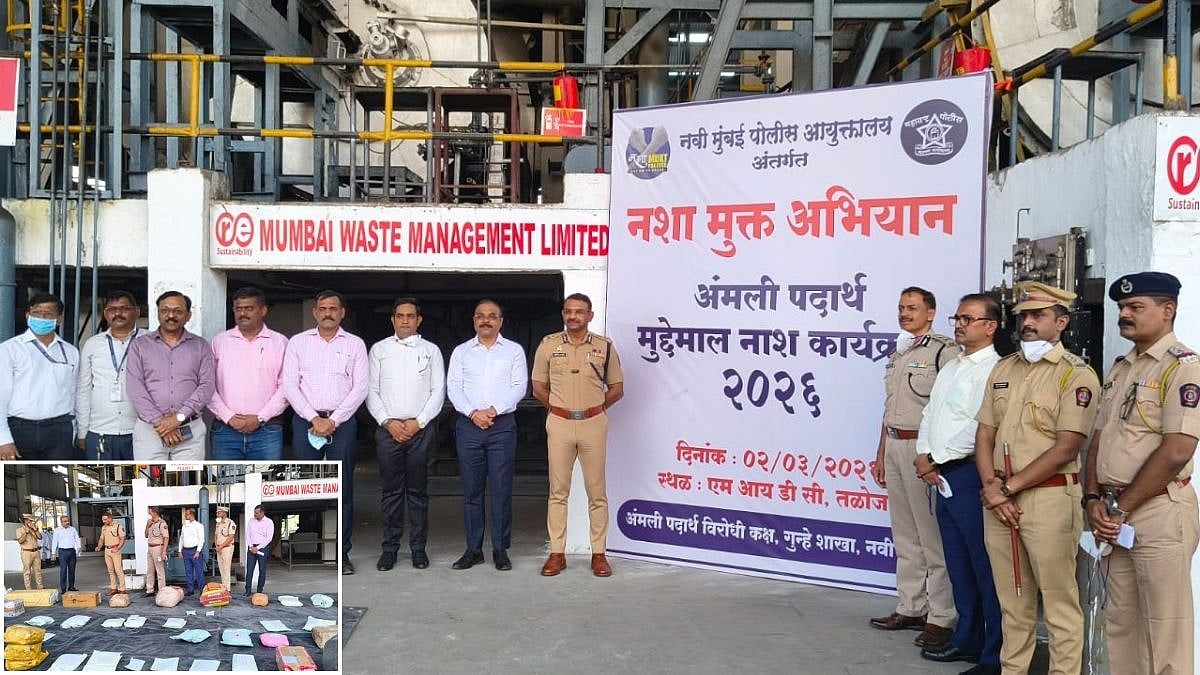Animesh Kumar, Head of Commercials at ibis and ibis Styles India, is leading the charge as consumer preferences evolve rapidly in the budget hotel sector. With responsibility for sales, marketing and revenue, he sheds light on how the economy hotel industry is adapting to the demands of modern travellers.
Kumar tells us that the shift to digital booking and decision-making processes has significantly impacted the hotel industry, particularly in the budget and economy segments. “Today, consumer decisions are driven more by peer reviews and online content rather than traditional marketing. Guests are not just looking for the perfect pitch from hotels; they want to hear from other travellers.”
The Power of Reviews
In a world where reviews can make or break a business, ibis Hotels is laser-focused on maintaining high standards to stay competitive. Kumar explains, “If a hotel’s rating drops below four stars, it may not even be considered by potential guests. Negative reviews, while inevitable, serve as a learning curve to improve services.”
Budget hotels like ibis now find themselves in a constant loop of adapting to feedback and fine-tuning services. As Kumar puts it, “Consumers today are savvy and realistic. They understand that perfection doesn’t exist, but they expect consistent quality.”
Beyond the Room
The modern traveller is clear about their expectations from economy hotels — clean rooms, quick check-ins, good washrooms and a hearty breakfast. Kumar explains that since many guests (almost 80%), especially business travellers, hardly spend time in the hotel, they expect the basic amenities to be flawless.
However, ibis Styles, a more upscale variant under the ibis umbrella, caters to leisure travellers looking for a different experience. “Our ibis Styles hotels, located in leisure destinations like Goa and Mysore, offer a more elevated product tailored for relaxation and enjoyment,” Kumar shares.
While digital marketing helps in the acquisition of customers with speed and scale, Kumar says that the real key lies in engagement. “Around 40-50% of our guests are repeat customers, so things like loyalty programs play a crucial role in keeping them engaged.”
Technology at the Core
With the rise of hotel booking platforms and operational technologies, the industry has seen massive shifts in how it operates. Technology is no longer an optional add-on, but an integral part of the business. “Whether it’s using distribution platforms like MakeMyTrip or aggregators from across the globe, technology ensures that our offerings are available to the widest possible audience.”
Operationally, ibis is also experimenting with tech-driven solutions to streamline Housekeeping and F&B Service. The brand is even experimenting with robots that can fulfil simple requests like “get me toothpaste” or “get me water”. In the ordering of food, they also have digital menus with creative visuals and videos, and the ability to order things for you.
AI is also used in customer service across the hotel chain to analyse customer reviews, identify top issues and draft responses. “AI has been a game changer for us, especially when it comes to managing feedback across multiple platforms.”
The Potential of the Economy-Segment
Historically, economy-segment hotels were not something people looked forward to like they did five-star hotels. But with a footprint of over 2,400 hotels and counting, Kumar envisions that the economy hotels segment will see maximum growth in the coming years. “Our product offering remains consistent globally, whether you’re staying in Paris or New Delhi, which removes the fear of the unknown from customers.”
Another pro of economy hotels is that they suit the needs of the younger generation that are very different from a millennial’s. “Gen Z is casual. They want to be accepted for who they are and the way they dress.” Ibis is also well-positioned to meet the needs of young, casual travellers who want to feel at home wherever they go.





.png)